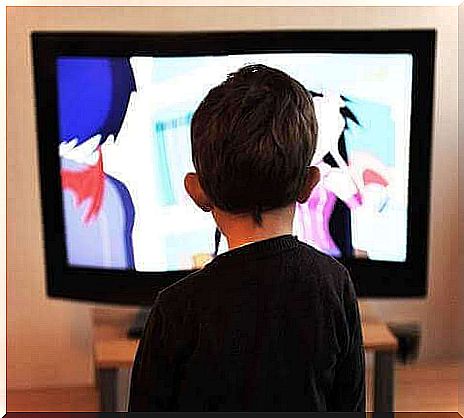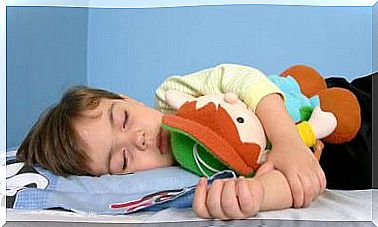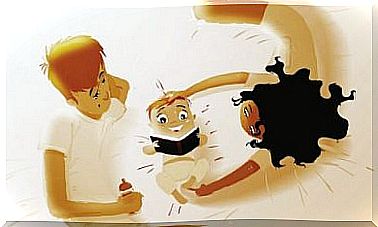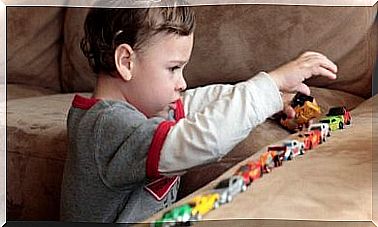Am I Educating A Child Consumerist? – Being Parents

Children today have lots of possessions that they don’t really need. It’s a reality. However, attention must be focused on the attitudes of certain parents, and whether they are not encouraging their children to be consumerists.
Consumerism and the family
Parents have the responsibility to educate their children and ensure their development in an appropriate way. Thus, this means that they must have control over the child’s purchases.
Also, responsible adults have the right and obligation to guide the child and to decide what type of advertising the child should or should not be exposed to.
Likewise, schools must also have the mission of teaching and stimulating the growth of a pupil taking into account responsible ethical codes, in addition to disseminating information and helping him to acquire the necessary capacities in life.
Unfortunately, the market for products and foods for children is huge and this conditions the education of child consumerists. In these cases, some parents find it difficult to educate children the way they want.
On the other hand, for their part, children are often very influenced by trade which, in the majority of cases, goes against the values their parents teach them. Many studies have looked at childhood behavior and the influence of marketing on it. We will talk about that a bit more in this article.
Consumerist children, permissive parents
Without a doubt, children become consumerists because of the permissiveness and over-caring of some parents. And the children appreciate it.
For example, when they cry or make a tantrum, you shouldn’t give in right away. This can be used to get what they want at this time and therefore the laxity in their education will be confirmed.

Thus, children must be educated responsibly. This means that parents need to lead by example and teach the little ones to consume responsibly and avoid meaningless binge.
Above all, children repeat the attitudes of adults, which they consider to be their references. Remember that you are the mirror in which your child looks at himself.
As a mother, you need to convey the value of things to your child and not give them everything they ask for. If you observe that they are having trouble understanding this, take your time and make it clear to them how things are going.
Communication is key to preventing your child from becoming a child consumerist. In addition, it will help him to understand and accept the imposed rules. We recommend that you avoid overabundance. This means that, as far as possible, the child should not have more objects than necessary.
Tips for avoiding educating child consumerists
Here are some tips to help prevent children from becoming consumerists. Take note and try to take them into account in your child’s education!
-
Set limits
The first recommendation is to set limits and say “no” on bad occasions. You cannot give your child everything he wants because he will not value your many actions.
-
Limit yourself with freebies
As a mother, you may want to shower your children with gifts. However, you should not overdo it, as you will be helping to create a child consumerist. You have to find other ways to convey your love.
-
Don’t try to always make them happy
Children are not always happy, when they cry or have grief it does not always mean that the parents have done something wrong.
Finally, if you observe that your child is going through a bad phase, you must let him overcome it on his own. This will help him strengthen emotionally and improve his ability to cope with difficult times.

-
Set a good example
If you don’t want your child to have a consumerist habit, you need to encourage healthy drinking patterns and make sure you lead by example. Start valuing things and don’t over-buy. So, remember that it is important not to compare yourself to other parents, as the rules are different in all houses.
Finally, remember that the education of consumerist children has its origins in the family nucleus. This is why it is important to act responsibly in front of the child and to consume in a consistent manner.









